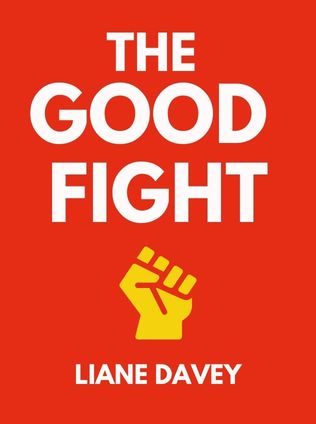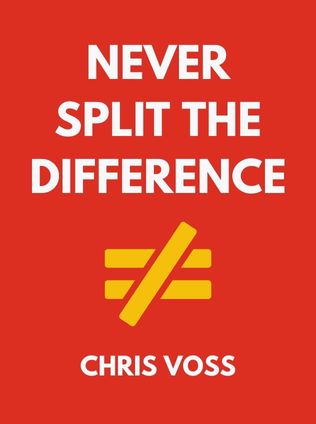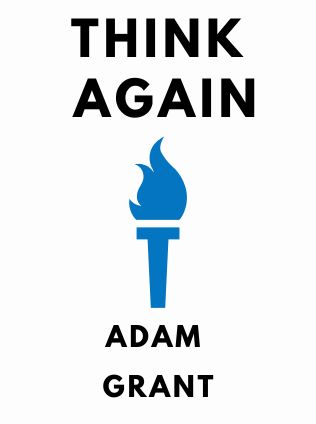
The Good Fight
Use Productive Conflict to Get Your Team and Organization Back on Track
By Liane Davey
Published 03/2019
About the Author
Liane Davey, Ph.D. is a New York Times Bestselling author and a regular contributor to the Harvard Business Review. She is the co-founder of 3COze Inc., where she advises on business strategy and executive team effectiveness. Dr. Davey has worked with executives at leading companies such as Amazon, Walmart, Aviva, TD Bank, and SONY PlayStation. She holds a Ph.D. in Organizational Psychology and has served as an evaluator for the American Psychological Association’s Healthy Workplace Awards.
Main Idea
The Good Fight: Use Productive Conflict to Get Your Team and Organization Back on Track by Liane Davey teaches managers, employees, and people from all backgrounds about the power of positive conflict. Conflict, when managed correctly, can enhance team performance, improve decision-making, and foster innovation. However, not all conflict is beneficial. Davey explains how to identify and manage productive conflict while avoiding unproductive or adversarial interactions.
Table of Contents
- Introduction
- Conflict Debt
- Conflict Aversion and Avoidance
- The New Conflict Mindset
- The Conflict Code
- Establish a Line of Communication
- Create a Connection
- Contribute to a Solution
- Codifying Conflict
- Clarify Expectations
- Normalize Tension
- The Conflict Habit
- Conclusion
Introduction
Davey begins by highlighting the importance of productive conflict in business. She argues that avoiding conflict can devastate businesses and relationships, whereas engaging in positive conflict can lead to better decisions and stronger teams. Productive conflict fosters innovation and trust, making work more enjoyable and rewarding.
Conflict Debt
Conflict debt is the accumulation of unresolved issues that hinder progress. Like financial debt, conflict debt starts small but grows over time if left unaddressed. It can range from withholding feedback to deferring strategic decisions. Managers who fail to address conflict create a debt that impacts the entire team.
“Conflict debt is the sum of all the contentious issues that need to be addressed to be able to move forward but instead remain undiscussed and unresolved.” - Liane Davey
Davey compares conflict debt to financial debt, highlighting how it begins innocently but quickly accumulates if not dealt with. This unresolved conflict can hamper teamwork, delay important decisions, and ultimately damage an organization's effectiveness.
- Avoiding feedback that would help a colleague improve.
- Delaying important decisions, leading to competitive disadvantage.
- Managers ignoring team members' destructive behaviors.
Conflict Aversion and Avoidance
Conflict aversion is a natural unease with disagreements, often rooted in childhood and reinforced in the workplace. While avoiding conflict may seem polite, it prevents necessary discussions and solutions. Overcoming conflict aversion requires a shift in mindset to see conflict as a normal and healthy part of relationships.
“Disliking conflict will not hurt us, but disavowing it entirely certainly will.” - Liane Davey
Davey explains that our aversion to conflict is deeply ingrained, often starting in childhood when we are taught to avoid disagreements. In the workplace, this aversion can lead to avoidance, which prevents us from addressing issues that need resolution. Embracing conflict as a natural part of relationships is crucial for personal and organizational growth.
Sign up for FREE and get access to 1,400+ books summaries.
You May Also Like
How To Win Friends and Influence People
The All-Time Classic Manual Of People Skills
By Dale CarnegieQuiet: The Power of Introverts
The Power of Introverts in a World That Can't Stop Talking
By Susan CainThe Lean Startup
How Today's Entrepreneurs Use Continuous Innovation to Create Radically Successful Businesses
By Eric RiesWho Moved My Cheese?
An Amazing Way to Deal with Change in Your Work and in Your Life
By Spencer Johnson, M.D.Make Your Bed
Little Things That Can Change Your Life...And Maybe the World
By William H. McRaven



















